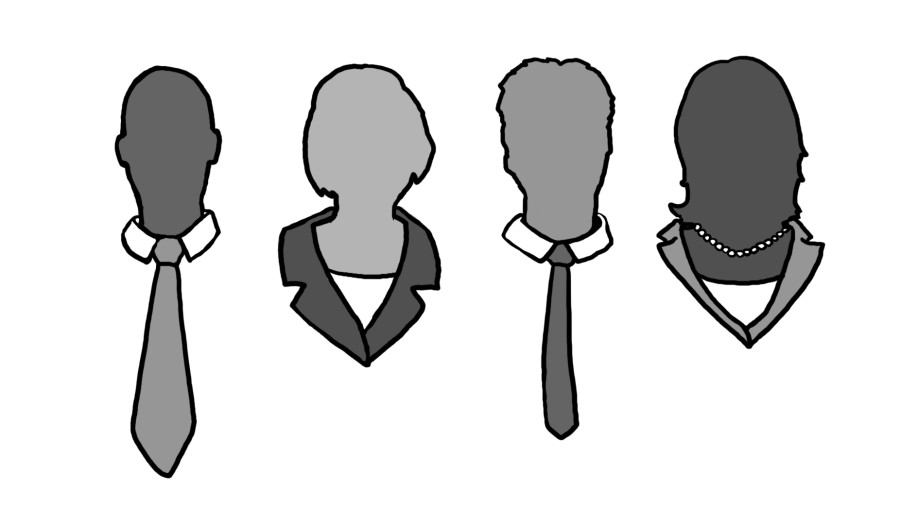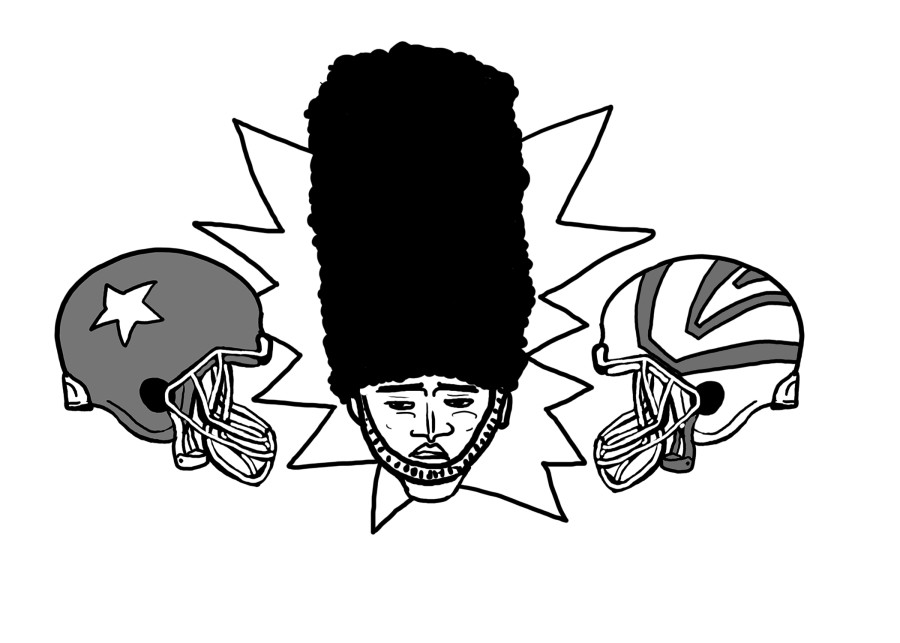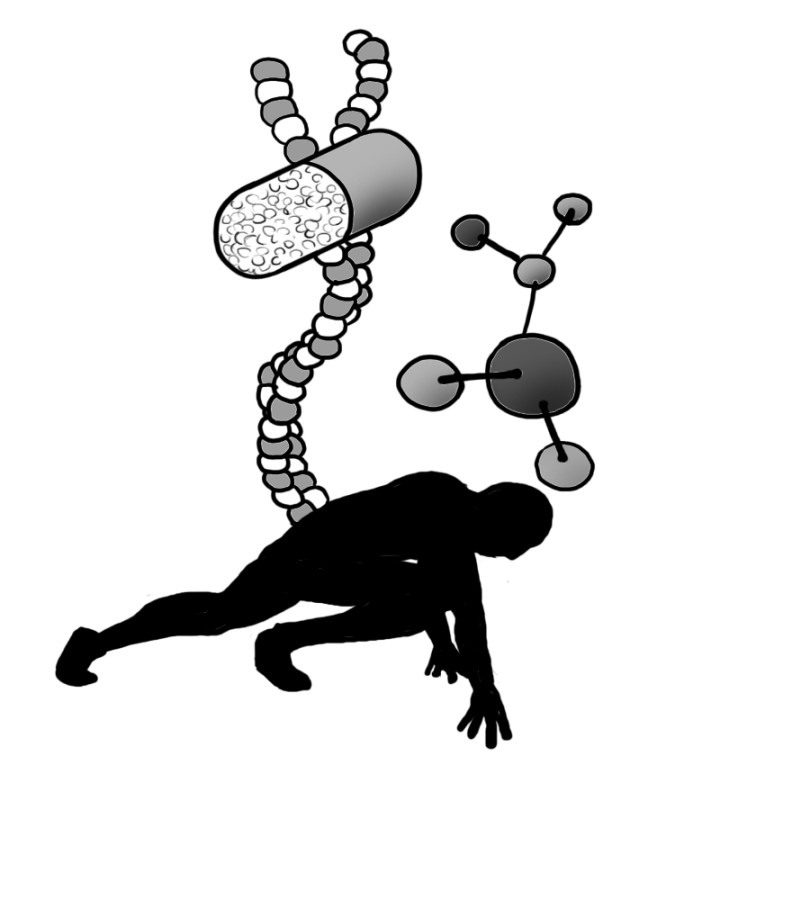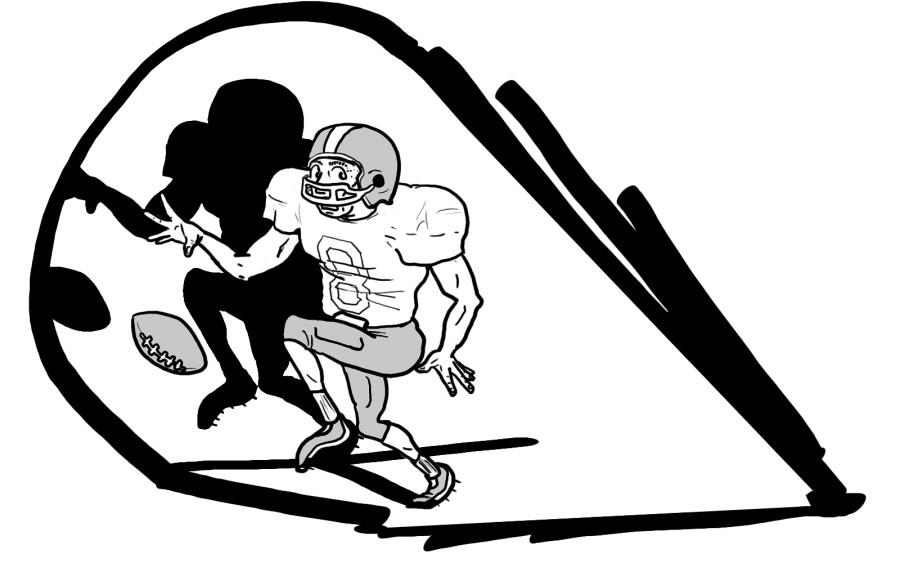Billy: Major League Baseball will soon compromise either its integrity as a sport or as a body of authority when it decides whether or not to suspend New York Yankee Alex Rodriguez. On Feb. 9, Rodriguez admitted to using performance-enhancing drugs, after Sports Illustrated reported that he had failed a drug test. Baseball administered the 2003 test, that Rodriguez and 103 others failed, to see if drug testing was necessary. The MLB agreed not to punish or reveal the names of players who tested positive.
To punish Rodriguez would be to punish honesty. It would also be unjust to punish one violator without punishing the others who failed the test. Rodriguez’s fame does not subject him to stricter rules. There is no doubt that a suspension would be unfair to Rodriguez, but should the MLB base its decisions on fairness alone?
If the MLB truly wants to eliminate steroids from the game, it needs to prioritize that stance over a few individual players. Suspending A-rod will show players that it does in fact have no tolerance for cheating, though it is not the league’s only chance to do so.
Andy: However, the potential suspension of A-rod could also show that there is no value in admitting to steroid use for other users out there. The MLB cannot legally suspend A-rod for testing positive while there was still no rule against performance enhancing drugs. The only justified suspension would be in response to an admission by A-rod. If Baseball Commissioner Bud Selig were to punish him for his honesty, then it would let the steroids era in baseball linger. If he doesn’t then maybe some of the other 103 positive tests along with A-rod will come out and baseball can put the steroids era behind them. In this case, the single suspension of one player does not serve the game’s best interest. A-rod cannot be made a scapegoat because he was not alone in his use of steroids.
Billy: In his daily blog, basketball coach Eric Musselman titled a January entry “When it comes to discipline, it’s better to be right than consistent.” Musselman cited the story of a high school basketball player who missed the team’s curfew before the state championship. He was not out partying but instead had to pick up his wallet that he left behind at a restaurant. To enforce team rules consistently, the coach suspended the player for the game, which the team lost.
When authorities, such as a coaches or commissioners, have to decide whether to discipline a player, they need to consider why they are making their choice. How will their choice better serve the team or league? Although this basketball player did break a rule and A-rod did not, both cases question whether such decisions should be dictated by rules or judgment.
Andy: Well, if a league is to hand out suspensions as disciplinary actions, then it should be for something that was against the rules. NFL commissioner Roger Goodell seems to think that he’s above the law and hand out suspensions for actions that haven’t even been proven to have occurred yet, just because he’s worried about the league’s image. Apologists for this type of totalitarian enforcement say that the league has the right to suspend players that will hurt their investments with advertisers, but that implies that one player’s actions diminishes viewers for the league’s games. Certainly, having your star players not playing and fading from the public’s eye is a faster way to lose viewers. The example that you bring up Billy, is a great example of when one player’s suspension hurt the team more than the player. At the professional level, when a star player is suspended without pay for a game, the player loses a sum of money, which they will make up with multi-million dollar contracts later, while the team loses the game. So who are we actually punishing?





